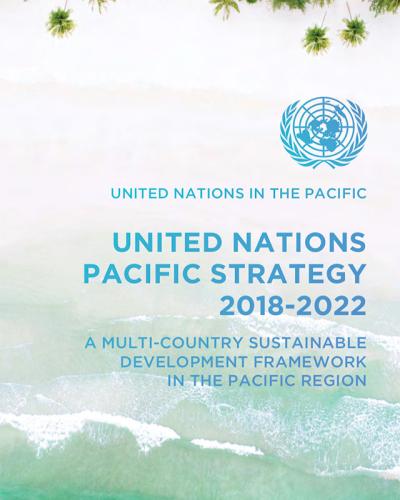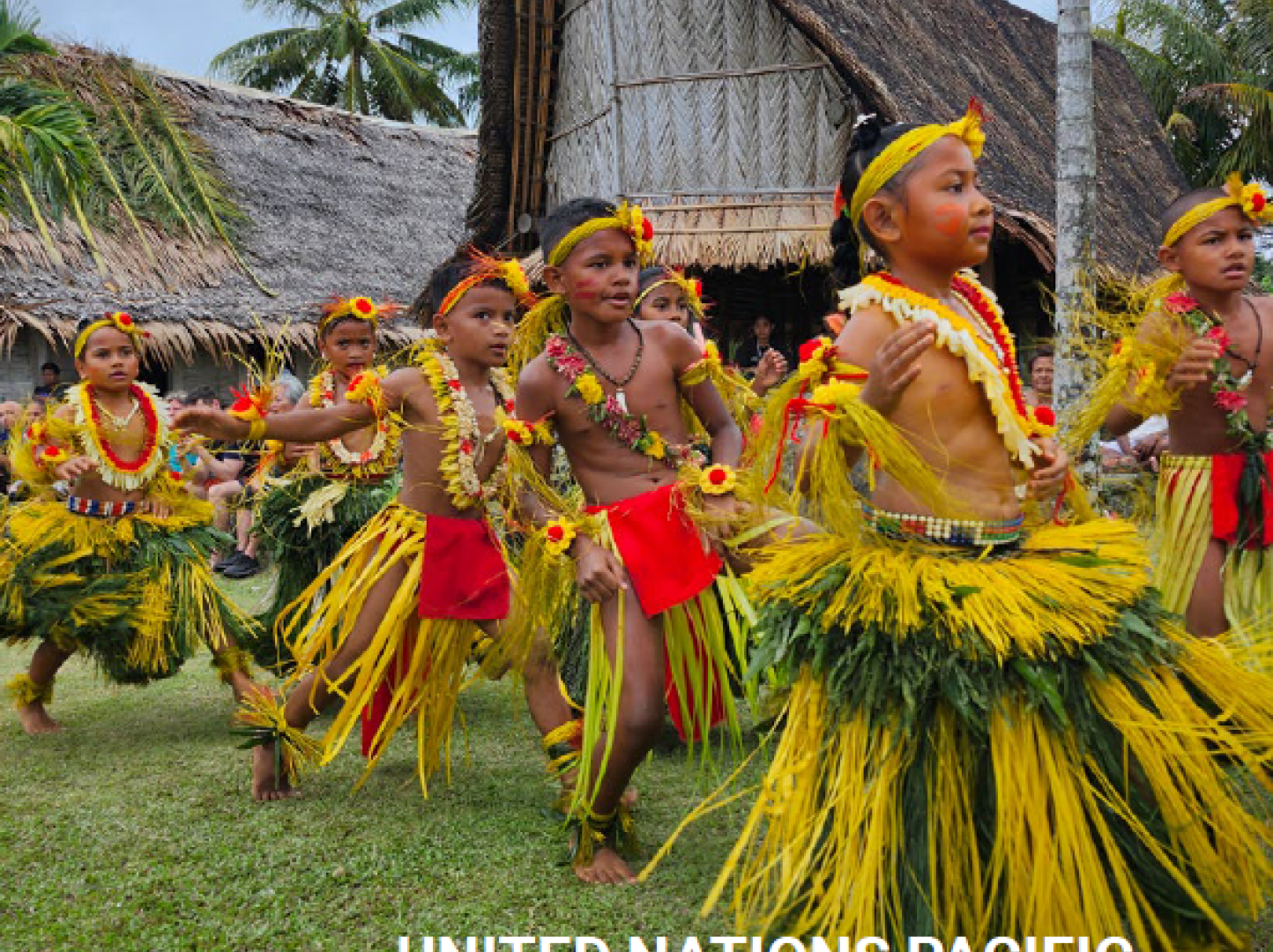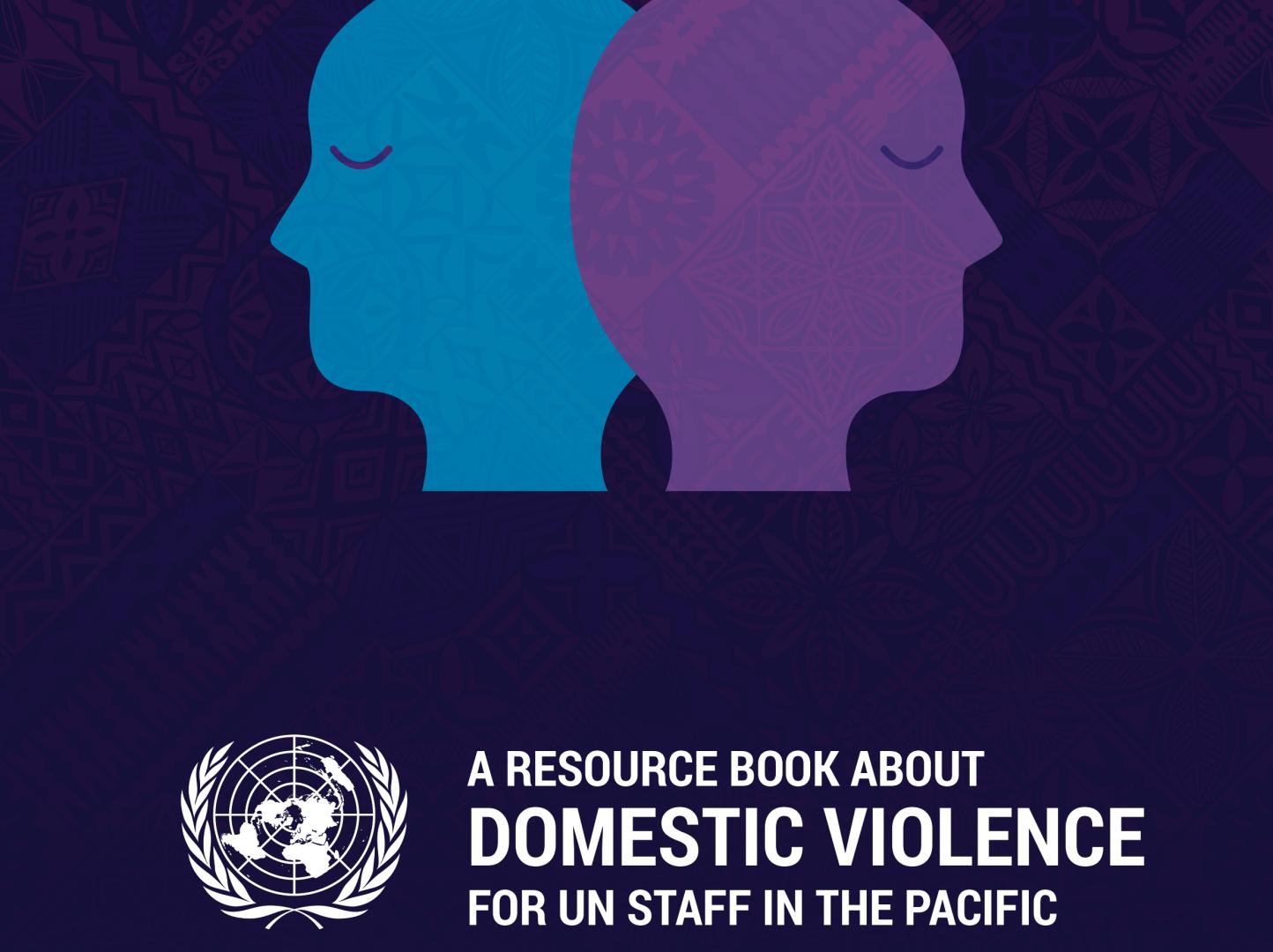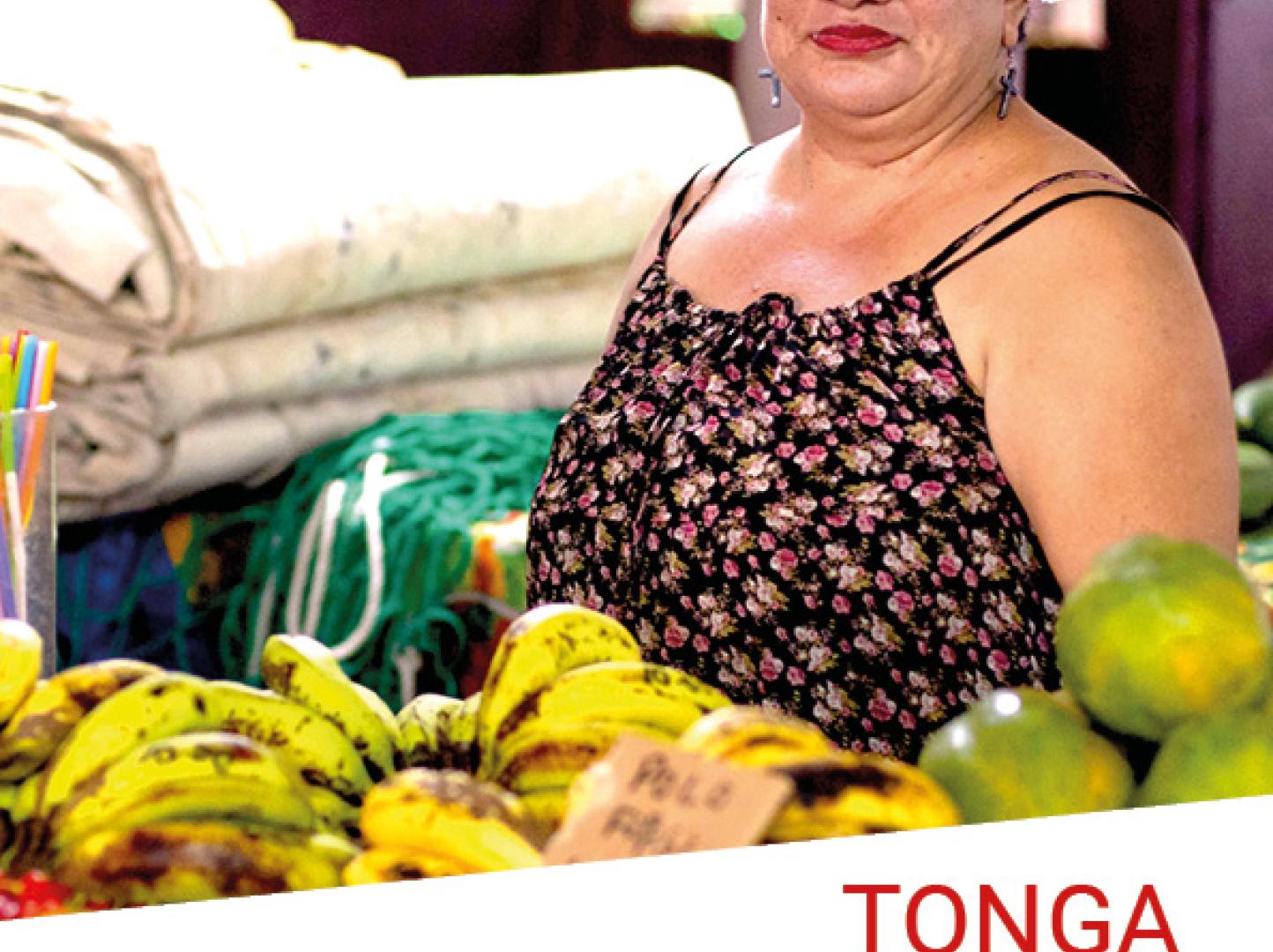United Nations Pacific Strategy 2018-2022

The United Nations Pacific Strategy (UNPS) 2018-2022 is a five year strategic framework that outlines the collective response of the UN system to the development priorities in 14 PICTs, namely Cook Islands, Fiji, Federated States of Micronesia, Kiribati, Nauru, Niue, Palau, Republic of Marshall Islands, Samoa, Solomon Islands, Tokelau, Tonga, Tuvalu, and Vanuatu. The UNPS supports governments and peoples in the Pacific to advance a localised response to the global 2030 Agenda for Sustainable Development.
This response is tailored to each country’s national priorities, and responds to the Pacific Leaders’ call to the United Nations system to “align its work programmes and operations to support internationally agreed outcomes, including the Small Islands Developing States (SIDS) Accelerated Modalities of Action (SAMOA) Pathway, the Addis Ababa Action Agenda and the 2030 Agenda for Sustainable Development, in the Pacific region” (2015 GA res. 69/318).
The UNPS embodies a people centred, human rights based approach to development in the Pacific that seeks to “leave no one behind” and to provide an umbrella framework for strategies that embody the UN’s commitment to “reach the furthest behind first” by using improved metrics to identify the most vulnerable, innovative practices, and durable partnerships, including with civil society and the private sector, that respond to priorities and reflect the comparative advantage of the UN system.
Given the high exposure to climate change and natural disasters in the Pacific countries, emergency preparedness and response and disaster risk reduction strategies reflecting a risk informed development planning approach are mainstreamed throughout the UNPS.
The UNPS aims to complement the work of regional organizations, in particular the Council of Regional Organisations in the Pacific (CROP), comprising, among others, the Pacific Islands Forum Secretariat (PIFS), the Pacific Community (SPC), Secretariat of the Regional Environment Programme (SPREP), the Forum Fisheries Agency (FFA), the University of the South Pacific (USP), in line with the regional priorities as outlined in the Framework for Pacific Regionalism.
The UNPS 2018-2022 is a multi-country, outcome level, strategic framework that presents a coordinated approach to support the 14 PICTs across the Pacific. The six outcomes address strategic priorities that promote mutual accountability for development results in the Pacific, further Pacific to Pacific cooperation, and enable the targeting of valuable UN resources to areas where they are most needed.




















